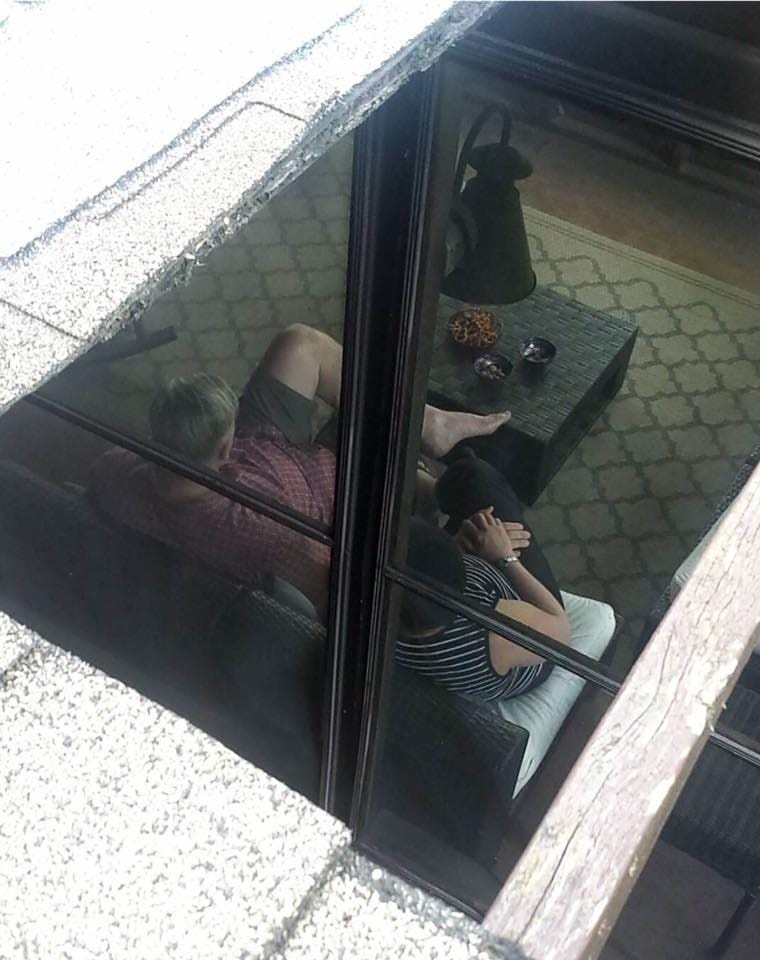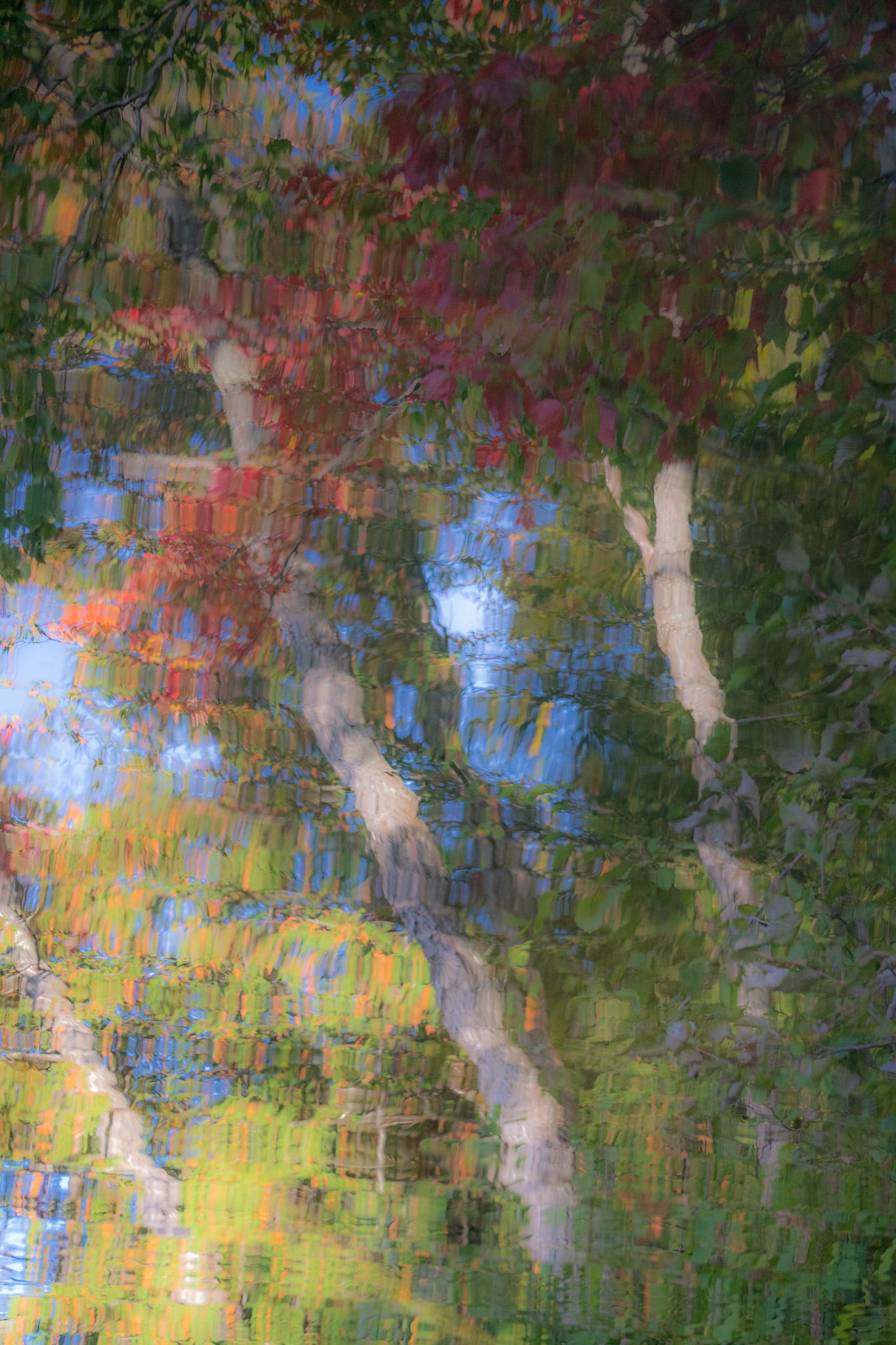I am am not exactly sure that writing about the cottage is appropriate for a travel Substack. The cottage is the opposite of travel. One is about movement, the other is about stillness. One is about novelty, the other about predictability and place. Their connection is only that they both consume time unburdened by obligation.
In fact, when my late wife, Suzanne, agreed that we should buy a cottage 18 years ago, it was with the stipulation that it would supplement, not displace, travel.
Another source of my trepidation on this subject is that my friend, Roy MacGregor, has written so eloquently and extensively about the cottage and its place in Canadian life, that it seems like there is nothing left that could be said, or at least nothing else that I could say.
But then it occurred to me that although there is a commonality about cottage life that runs from the simplest shack with a freestanding pit toilet to the grandest Muskoka mansion, it is the particulars of our own experience that we find so meaningful.
Every summer when I was little, my parents loaded us up in the car and drove north to a cottage at Camp Morton on Lake Winnipeg, north of Gimli. Camp Morton was a Catholic camp founded by Thomas Morton, a British physicist and astronomer who had become a priest in middle age and then, after leading a church in Bristol, England, had unaccountably moved to Manitoba.
Equally unaccountably, on the fringes of the outdoor recreational camp he founded, Monsignor Morton built a cottage for himself that was a replica of a castle in France, replete with circular driveway and at least one functioning turret. It did, however, have the usual cottage screen door pulled shut with a spring and further secured with a spring-loaded clasp. Screeee-bang.

The Castle was our cottage. Beginning after Monsignor Morton’s death in the 1940s, my grandparents had rented it every summer and after we grandkids began coming along in the 1950s, they shared it with our family. It is difficult to imagine how my grandparents, our aunt and our parents, plus six children eventually, ever crammed into what was, despite its imposing exterior, just a cottage.
What I do remember is peeking out of my bedroom at dawn and seeing that my grandmother had risen early to watch the sun rise across Lake Winnipeg. I remember the pounding of the waves, the mighty lightning storms coming across the lake, and the endless, aimless hot days wandering the woods and cooling in the lake.
Eventually, the camp became too expensive to run and the Catholic archdiocese sold it to the provincial government, which turned it into a provincial park. Some well-meaning bureaucrat, in the interest of efficiency no doubt, decided to bulldoze The Castle. And that was that.
My wife, Suzanne, was the daughter of struggling Hungarian immigrants and had grown up in the east island of Montreal where cottage culture was as foreign as Old Dutch potato chips. When I suggested looking for a cottage near our home in Ottawa, at first she was skeptical. But once she said yes, in her characteristic fashion she took charge, shucked off the useless real estate agent, and drove around the Gatineau Hills on her own until she found the cottage we bought on Lac Épinette, a quiet little lake about an hour’s drive north of Ottawa. I am sitting on the porch overlooking the lake as I write.
When our kids were little, we would not only spend great swathes of the summer here, but most weekends year-round. In the summer, the kids would joyfully splash about. In the winter, they would stubbornly resist Suzanne’s exhortations to snowshoe or hike across the frozen lake—until they realized resistance was futile.
For me, a city boy, it was a revelation that there were not just four seasons, but as I came to think, more like a dozen. Early winter when the snow had arrived but the lake had not yet frozen was very different from the mid-winter when we sometimes had Christmas dinner at the cottage. And that, in turn was different from late winter, when the roof began to groan with the accumulated weight of the snow, but some trees began to bud hopefully after the first warmish day. Each season had seasons of its own.
A few years later—along with my sister Marie and her husband Gordon, who live in the UK—we bought the tear-down next door for a pittance and restored it to dignity. After several years and tens of thousands of dollars, it was transformed into a respectable little place so close to the lakeshore that you would never be allowed to build it there nowadays. As the years passed, it became routine to receive summer visits to our little compound from other far-flung siblings.
Even after Suzanne was diagnosed with terminal cancer in 2014, she continued to travel—at least as long as she was able. But it was to the cottage that she retreated increasingly for repose. In 2016, her last spring as she knew it to be, she was explicit that swimming in the lake that summer was among her dearest remaining wishes. She did that every day in July. When that became too much she sat down on the dock reading or resting and on one important weekend for her, chatting with her brother, Frank, reviewing their lives together and saying goodbye.

We were here at the cottage, in the midst of a family meal, when Suzanne had a seizure, heralded by confusion about how to use a knife and fork, and the kids gently tried to guide her. It got worse from there and the next day we drove back to the city, knowing that she would never return.
I have talked about this with Roy, who, like me, is a widower. After you lose your spouse, you see their shadows in every space you shared. But a house in town, while it may be a reservoir of sentiment and memory of course, is also a utilitarian thing, a staging-ground for work and school, a place for homework, a working kitchen, a laundry room. A cottage, though, is purely about being, and the ghosts there are less ethereal.
My first summer here alone—because the kids are older now and have jobs and school and bffs—was saturated in Suzanne’s memory. It is still like that, some hours of some days. But not all memories, even of a lost loved one, are sad. Some are funny or fun or joyful or just ordinary memories in faded colour.
And day by day, month by month, year by year, new things happen. New friends come up for a barbecue. New neighbours arrive on the lake. The kids bring up a new boyfriend or girlfriend. You read new books. The sun shines or it doesn’t. The lake is warmer some days than others if you want to go for a swim (as I always do). When it rains, you worry about a power failure. (This, after all, is rural Quebec.) Life goes on.






Paul, I have a lump in my throat and tears in my eyes. Every moment of this piece is beautiful and evocative. Please don't ever stop sharing.
Such a lovely story Paul